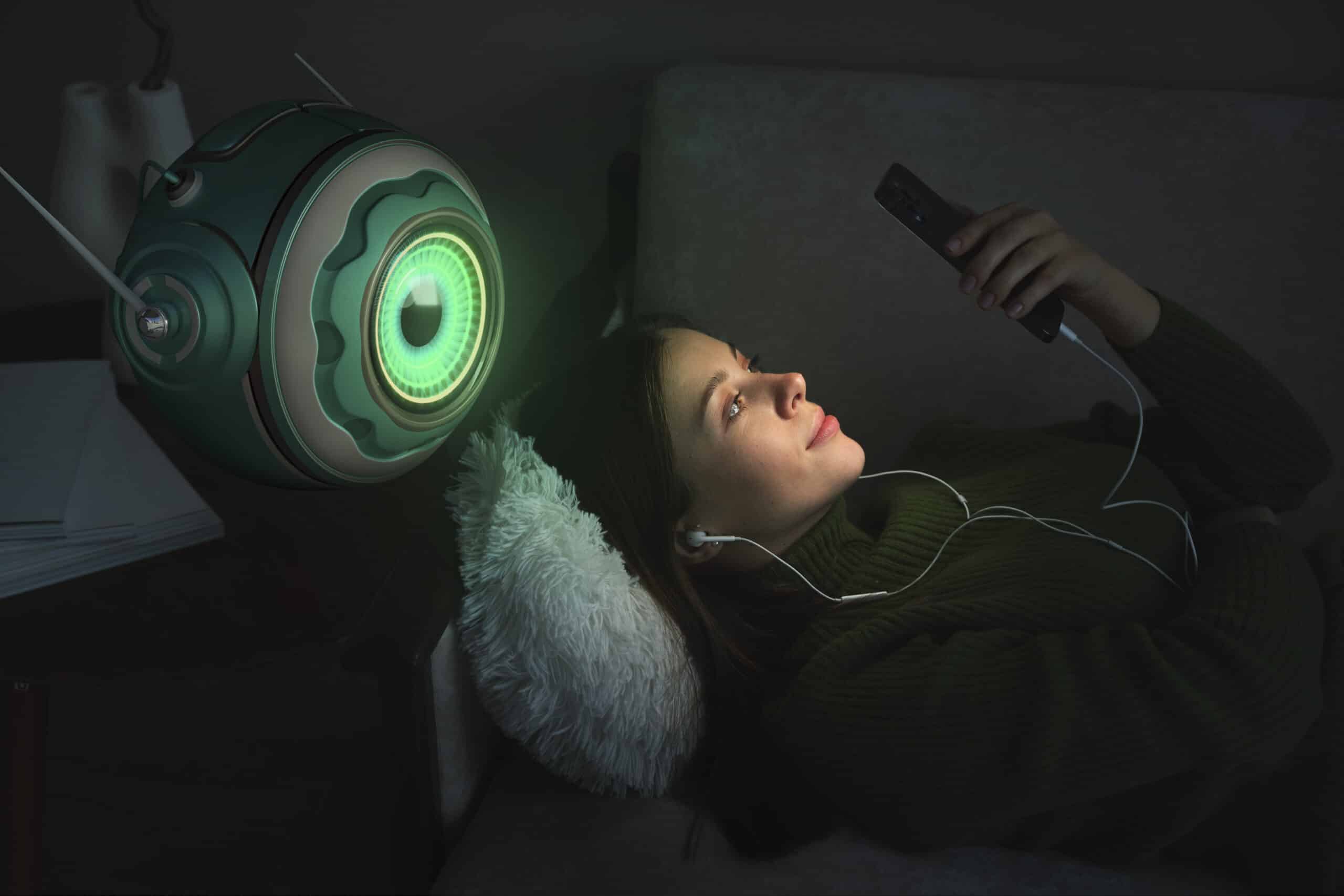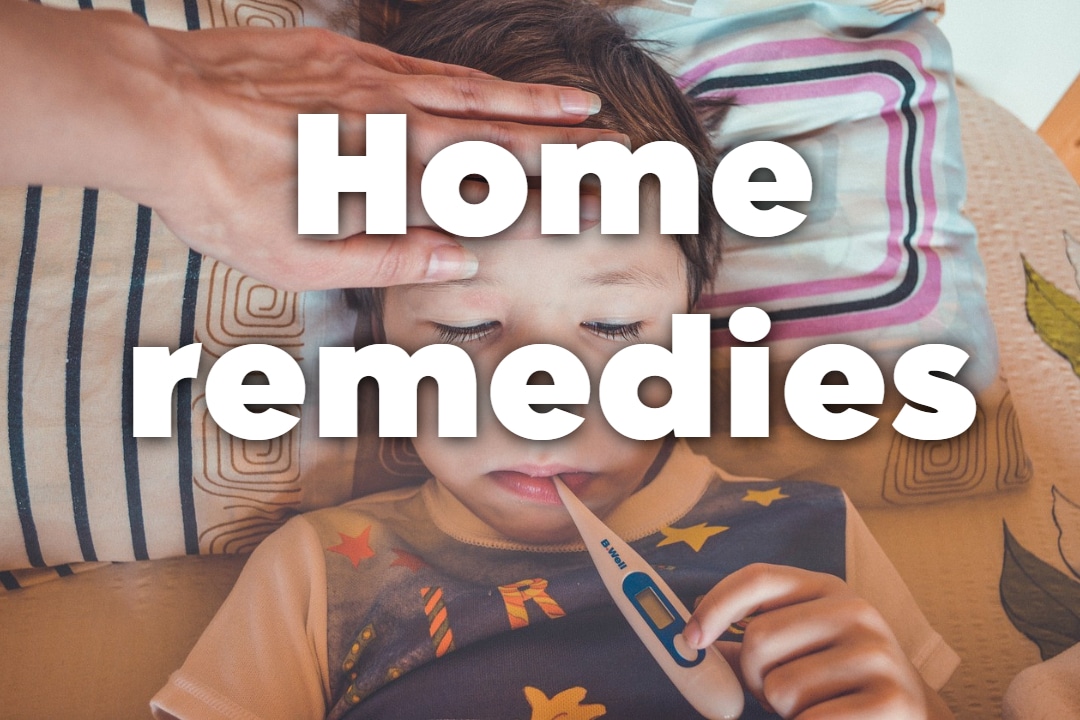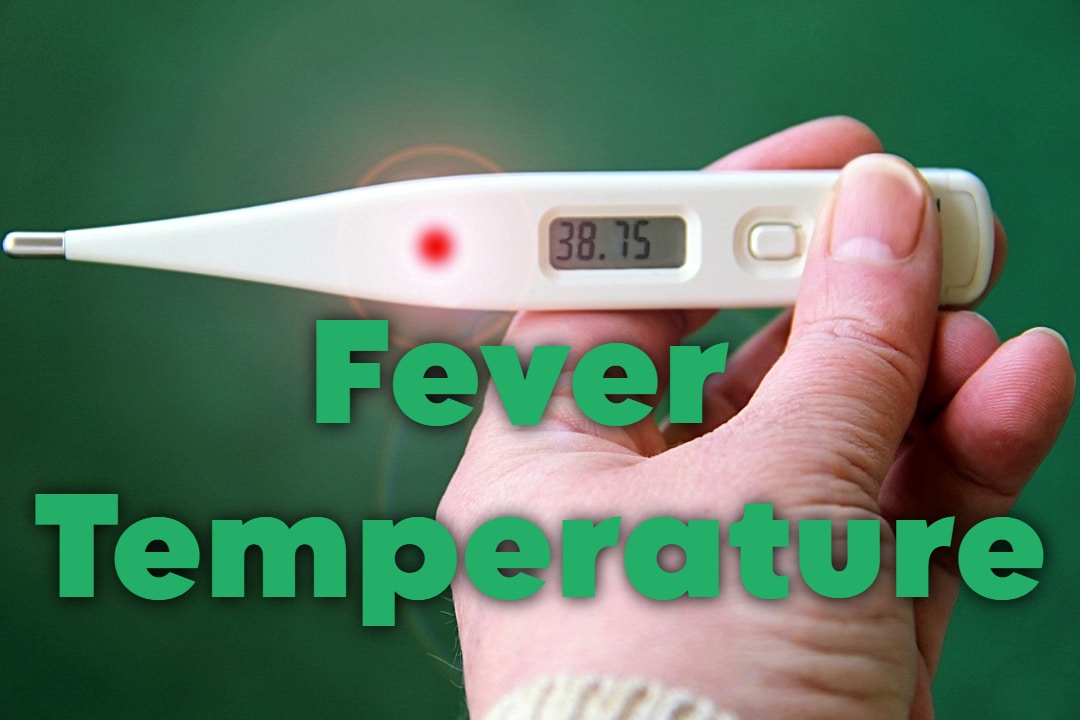In today’s fast-paced world, quality sleep often takes a backseat to our busy schedules. However, technology now offers solutions to track and optimize sleep patterns. Sleep tracking devices and apps claim to improve rest by providing insights into sleep quality and duration. But is sleep tracking worth it? This blog explores how these tools function, their effectiveness, and whether they can genuinely enhance your rest.
Understanding Sleep Tracking Technology
Sleep trackers come in various forms, including smartwatches, fitness bands, phone apps, and professional sleep monitors. These devices use sensors and algorithms to track sleep stages, movements, and sometimes even physiological parameters like heart rate and oxygen levels.
How Does Sleep Monitor Work on Smartwatches?
Smartwatches equipped with sleep monitoring use accelerometers to detect movement and optical sensors to measure heart rate variability (HRV). By analyzing these data points, they estimate when you fall asleep, wake up, and cycle through different sleep stages, such as light, deep, and REM sleep.
How Do Sleep Tracker Apps Work?
Apps on phones rely on built-in sensors or external devices to monitor sleep. For instance, they may use a phone’s microphone to capture breathing patterns or an accelerometer to track movements.
| Sleep Tracking Method | Device Type | Data Tracked |
|---|---|---|
| Motion Tracking | Smartwatches, Fitness Bands | Movements, Heart Rate, REM Sleep |
| Audio Tracking | Smartphones, Sleep Apps | Breathing Patterns, Snoring |
| Advanced Monitoring | Professional Sleep Monitors | Brain Waves, Blood Oxygen Levels, Heart Rate |
How Do Sleep Trackers Work on Phones?
Phones utilize sensors and algorithms to detect sleep-related activity. They are placed near your bed and work by:
- Recording breathing and movement.
- Logging sleep durations.
- Analyzing environmental factors like room temperature and noise.
Some apps sync with wearable devices for added precision.
The Science Behind Sleep Monitoring
How Does a Smartwatch Measure REM Sleep?
REM sleep is critical for cognitive function and emotional health. Smartwatches use HRV and motion data to estimate when the body enters REM sleep. During REM, your body becomes relatively still, and your heart rate varies significantly—key indicators tracked by the device.
How Does Sleep Tracker Work on iPhone?
iPhones often pair with Apple Watches or other wearables to track sleep stages. The “Health” app consolidates sleep data, allowing users to view trends and patterns. Sleep tracker apps on iPhone also provide coaching tips for better sleep hygiene.
Are Sleep Trackers Reliable?
While sleep trackers offer valuable insights, their accuracy varies depending on the device and methodology. Wearables like the best sleep tracker are often sufficient for general trends but lack the precision of professional sleep monitors used in sleep clinics.
| Device Type | Accuracy Level | Best For |
|---|---|---|
| Smartwatches | Moderate | General Sleep Insights |
| Sleep Apps | Moderate | Casual Sleep Tracking |
| Professional Sleep Monitors | High | Diagnosing Sleep Disorders |
Benefits of Sleep Tracking Technology
- Improved Sleep Awareness: Understanding patterns like REM cycles helps users recognize sleep deficits.
- Habit Formation: Many apps offer tips to adjust routines for better rest.
- Health Insights: Monitoring heart rate and breathing can reveal potential health issues.
- Goal Setting: Sleep trackers allow users to set goals, such as increasing sleep duration or consistency.

Limitations of Sleep Trackers
While helpful, sleep trackers have some limitations:
- Accuracy Issues: Most devices estimate rather than measure sleep stages, relying heavily on algorithms.
- Dependency: Users may become overly reliant on the data, creating anxiety about sleep.
- Cost: High-quality devices, such as the best sleep tracker, can be expensive.
Is Sleep Tracking Worth It?
The answer depends on your goals. For general awareness and habit-building, sleep tracking is worth it. However, for diagnosing conditions like insomnia or sleep apnea, consult a professional using advanced monitoring equipment.
Future of Sleep Tracking
With advancements in AI, devices may soon offer even more accurate data. Imagine a device that not only tracks sleep but also provides actionable recommendations tailored to your physiology.
Frequently Asked Questions
Q1: Is Sleep Tracking Worth It?
Yes, for general awareness and improving habits. For medical concerns, professional evaluation is better.
Q2: How Does a Smartwatch Measure REM Sleep?
By analyzing HRV and minimal movement during REM cycles.
Q3: How Do Sleep Trackers Work on Phones?
They utilize sensors for movement and sound analysis to estimate sleep patterns.
Q4: What Is the Best Sleep Tracker?
Brands like Fitbit, Garmin, and Apple Watch are highly rated for sleep tracking.
Q5: How Does Sleep Monitor Work on Smartwatch?
Smartwatches use accelerometers and HRV analysis to track sleep stages.
Q6: How Does Sleep Tracker Work on iPhone?
Through the Health app or third-party apps synced with wearables.
Q7: How Do Sleep Tracker Apps Work?
By using phone sensors or syncing with external devices to track sleep and provide insights.
Q8: What Is a Professional Sleep Monitor?
These are clinical-grade devices that measure brain waves, oxygen levels, and other physiological parameters for diagnosing sleep disorders.
In conclusion, sleep tracking technology offers a practical way to monitor and improve sleep. While it isn’t a substitute for medical advice, integrating these tools into your routine can lead to healthier sleep habits and overall well-being.


